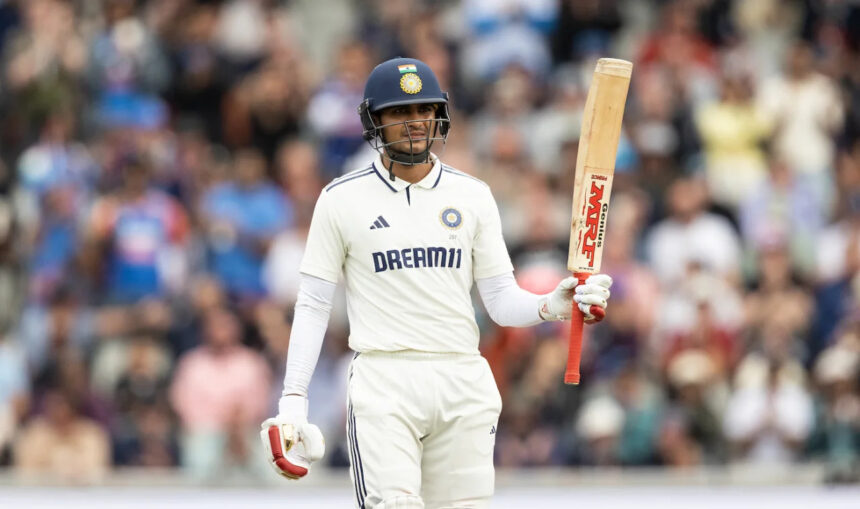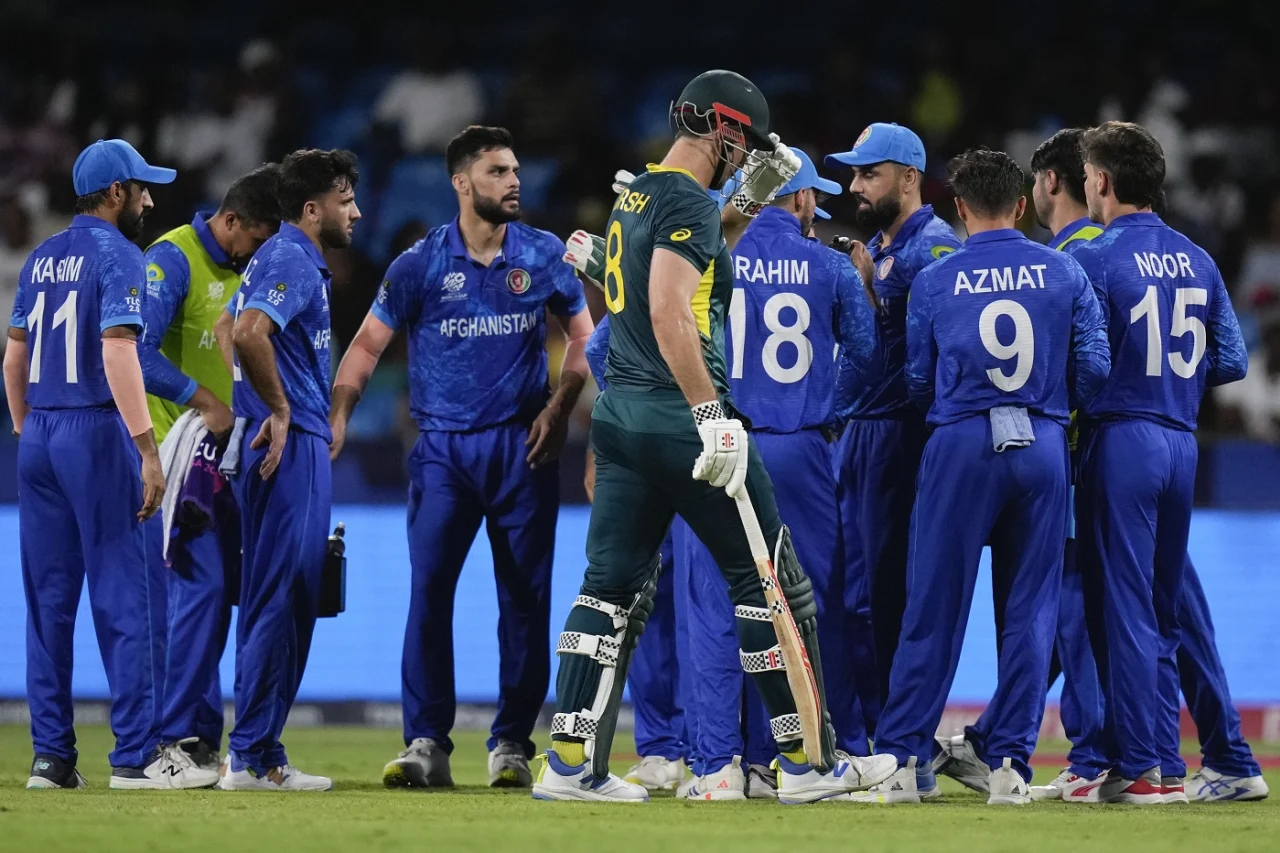In the final Test of the Anderson-Tendulkar Trophy, Indian captain Shubman Gill stands on the brink of breaking records once held by legends Sunil Gavaskar and Sir Don Bradman.
After a disappointing two innings at Lord’s, where his form dipped, Gill’s momentum has returned with a brilliant century in the second innings at Old Trafford. Now, the young batsman faces the thrilling prospect of achieving something extraordinary.
In the first two Tests of the Anderson-Tendulkar Trophy, Gill caused a sensation with a double century and two more centuries, scoring 585 runs. He has broken numerous records and is well on his way to many more. However, at Lord’s in the third Test, he faltered with scores of 16 and 6. But at Old Trafford, despite a modest 12 in the first innings, he bounced back with a century in the second, etching his name onto several record lists again.
With 722 runs from four Tests, Gill will begin the final match on Thursday. His main goal at The Oval will be to help India win and secure a series draw. If he leads from the front with the bat, many old records could fall to the Indian captain.
Just 11 Runs More
Sunil Gavaskar’s 46-year-old record is now within Shubman Gill’s reach. To become India’s most successful batsman as captain in a single Test series, Gill needs just 11 more runs!
In the 1978-79 season against the West Indies, Gavaskar scored 732 runs in 9 innings across 6 Tests. Who knows — Gill might surpass that on the very first day at The Oval!
53 Runs More
If Gill adds another 53 runs beyond that, he will break one of Gavaskar’s most famous records.
Gavaskar has held the record for the most runs by an Indian captain in a single series for 54 years. He scored 774 runs in 8 innings against the West Indies in his debut series in 1971. To surpass this, Gill will need to bat in more innings, but 53 more runs will secure the record.
89 Runs More
In the race for the world record of most runs by a captain in a single Test series, Gill currently shares fourth place alongside Sir Gary Sobers. Just 11 more runs and he will move to third, overtaking both Gavaskar (732) and David Gower (732). Graham Gooch (752), who is second, is still a bit further ahead.
The world record itself is also within reach. In the 1936-37 Ashes series, Australian captain Sir Don Bradman scored 810 runs in 9 innings. Gill needs 89 runs to surpass this legendary figure.
One More Century
If Gill surpasses Bradman’s run tally by 11 runs and reaches three digits once again, he will enter a realm no other Test batsman has reached — scoring five centuries in a single series as captain.
Currently, Gill sits joint-top with Bradman and Gavaskar with four centuries in a single series as captain.
Achieving this feat would also break a 70-year-old world record held by Sir Clyde Walcott. In 1955, Walcott scored five centuries in a five-Test series against Australia — a record unmatched by any other batsman in Test history. Could Gill be the second to do it?






